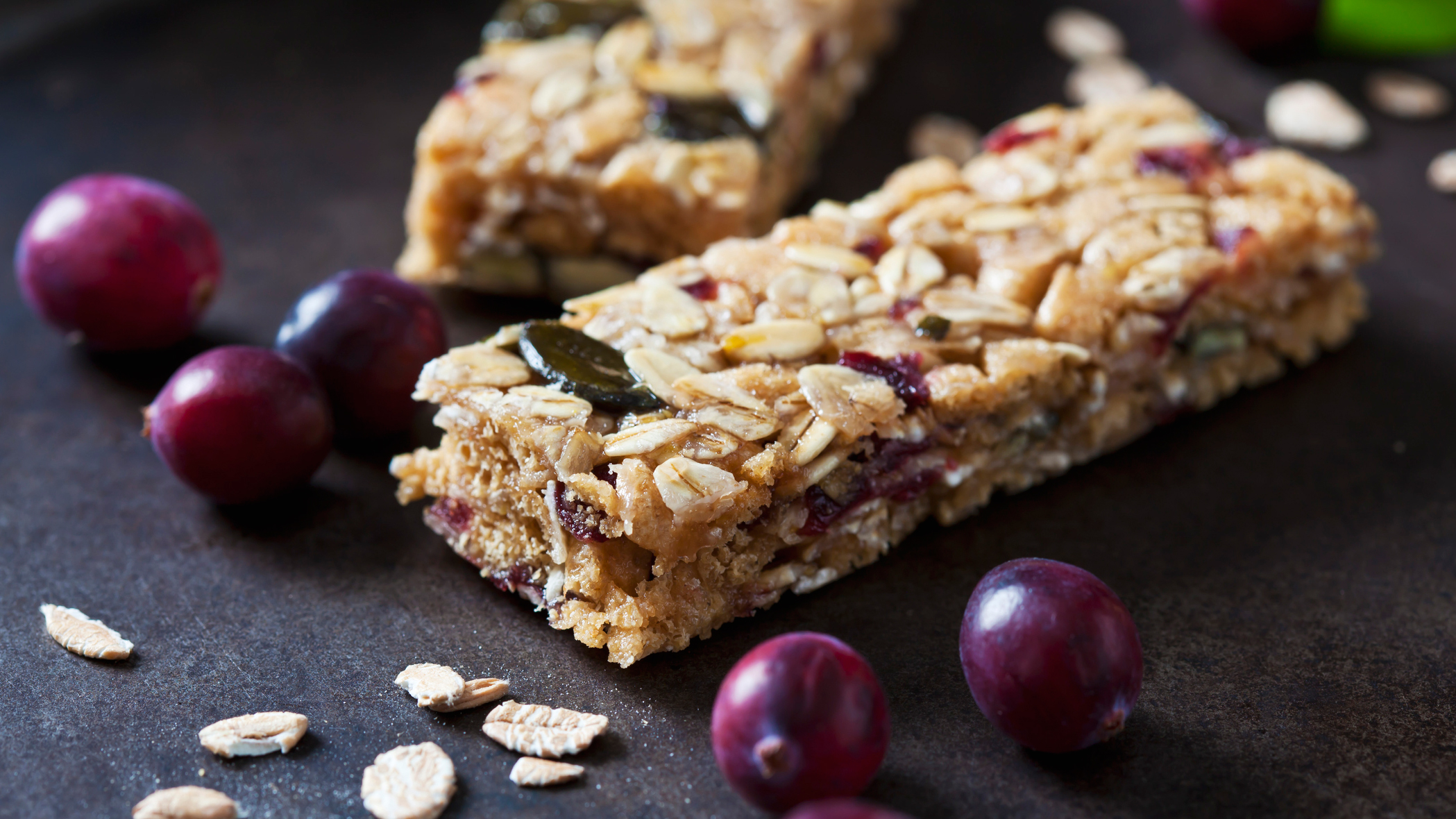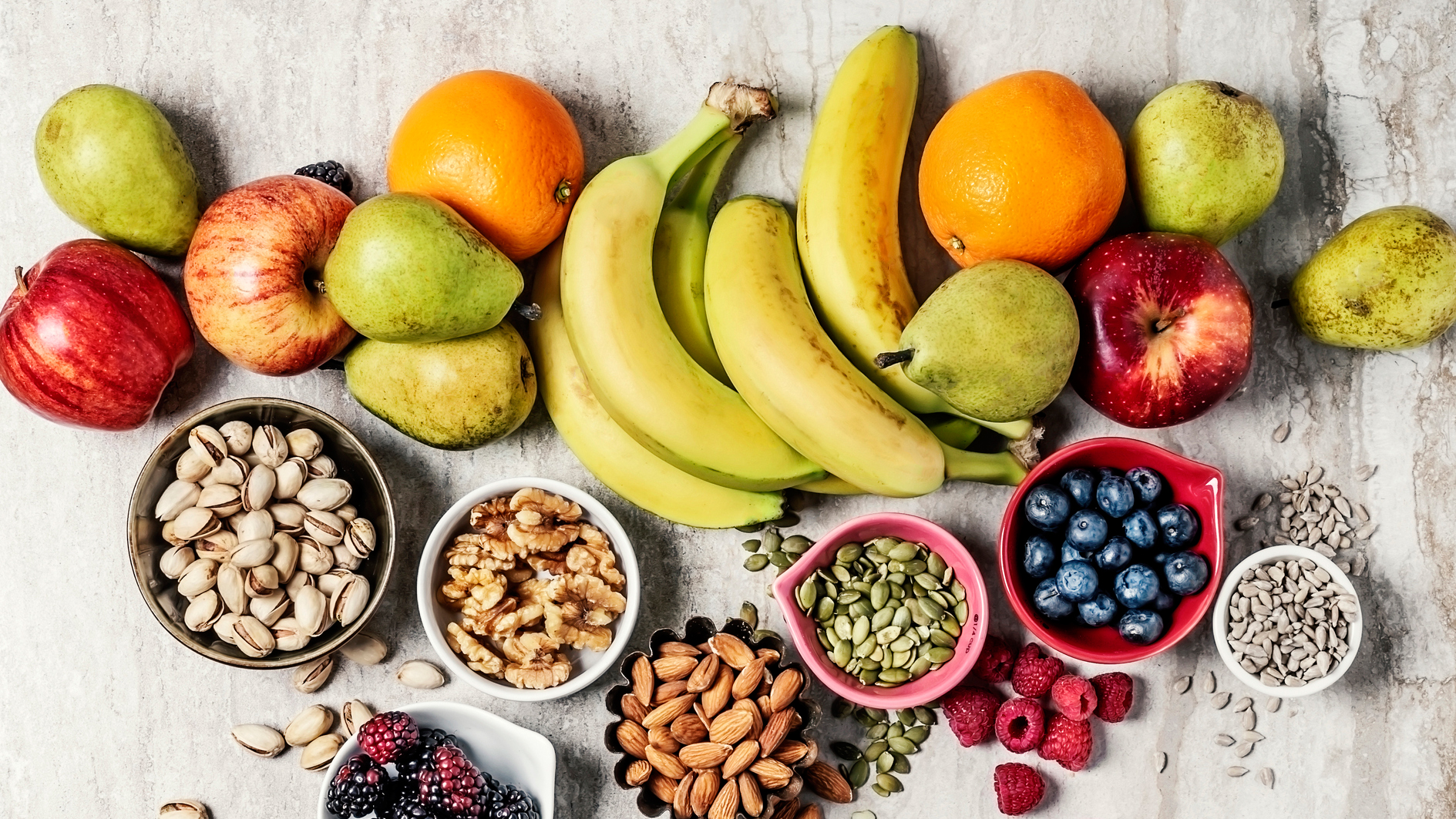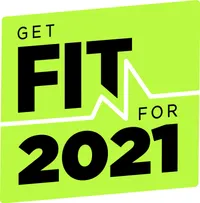Healthy eating: Are you being fooled by fake "fitness foods" with loads of sugar?
It's tough to eat healthy while so many "fitness" products are full of sugar. Here's how not to fall into the marketing trap


Start your week with achievable workout ideas, health tips and wellbeing advice in your inbox.
You are now subscribed
Your newsletter sign-up was successful
If you're trying to make a change in 2021, you might be attempting to shop smarter by opting for healthier foods. However, lots of "healthy" foods are marketed as "fitness" or "low-fat" but are actually still very bad for us, often being loaded with sugar.
This confusing marketing often makes it very difficult to tell whether something will be good or bad for our weight loss efforts. We can support our diet with supplements like the best protein powder for weight loss, but unless we know how to shop healthy and fix our everyday food consumption, we'll struggle to reach our goals.
One study, published by the American Marketing Association, shows foods marketed as "fitness" or similar healthy labels can actually cause us to eat more, and exercise less. The study examined the effects of fitness-branded food on consumption and physical activity in "restrained" eaters, people who are very conscious about body weight and food consumption, to find out if branding affected eating habits.
Labelling one trail mix snack as "fitness" with a picture of a running shoe, and leaving the other unlabelled, it was found people ate far more of the "fitness" snack. Afterwards, the participants got on an exercise bike, and those who ate more of the fitness snack did less exercise than those who chose the unlabelled one.
It's unclear why exactly this is – it's likely people felt like because they ate the "fitness" labelled snack, they didn't need to expend as many calories. However, there's nothing stopping companies labelling high-calorie snacks as a fitness food, and if we're doing less exercise because we feel like we're choosing the healthier option, it's going to harm our progress.

For example, granola bars, which are frequently labelled as healthy, are very high in sugar and carbohydrates. This why they're often eaten by hikers or cyclists to give themselves energy during long trips, but if you're eating them while sitting at your desk, they're no more virtuous than a chocolate bar.
Likewise, foods that are marketed as "low fat" often make up the shortfall with high sugar content. As any fan of oily fish knows, fats (especially healthy fats like omega-3s) aren't entirely bad for you: sugar, which becomes glucose in your bloodstream and gets stored as fat if not used as energy, is a far more dangerous culprit.
Start your week with achievable workout ideas, health tips and wellbeing advice in your inbox.
Instead of relying on green-coloured packaging and ersatz "fitness" labels, a good habit to get into is to turn the packet over and check the nutritional make-up. If a so-called "healthy" snack actually has 20g or more of sugar per portion, it's not much better than a chocolate bar.
You could even ditch the store-bought snacks and opt to make your own trail mix and granola at home, and pack yourself more virtuous snacks like carrot sticks, fruit and nuts.
Liked this?
Get Fit for 2021 with Fit&Well
As the sun rises on a brand new year, Fit&Well is here to help put last year behind you and make 2021 your happiest, healthiest yet. Here at fitandwell.com, we’ll be bringing you a wealth of workouts, diet plans and expert advice throughout January to help kick-start your health and fitness goals.
Matt Evans is an experienced health and fitness journalist and is currently Fitness and Wellbeing Editor at TechRadar, covering all things exercise and nutrition on Fit&Well's tech-focused sister site. Matt originally discovered exercise through martial arts: he holds a black belt in Karate and remains a keen runner, gym-goer, and infrequent yogi. His top fitness tip? Stretch.

